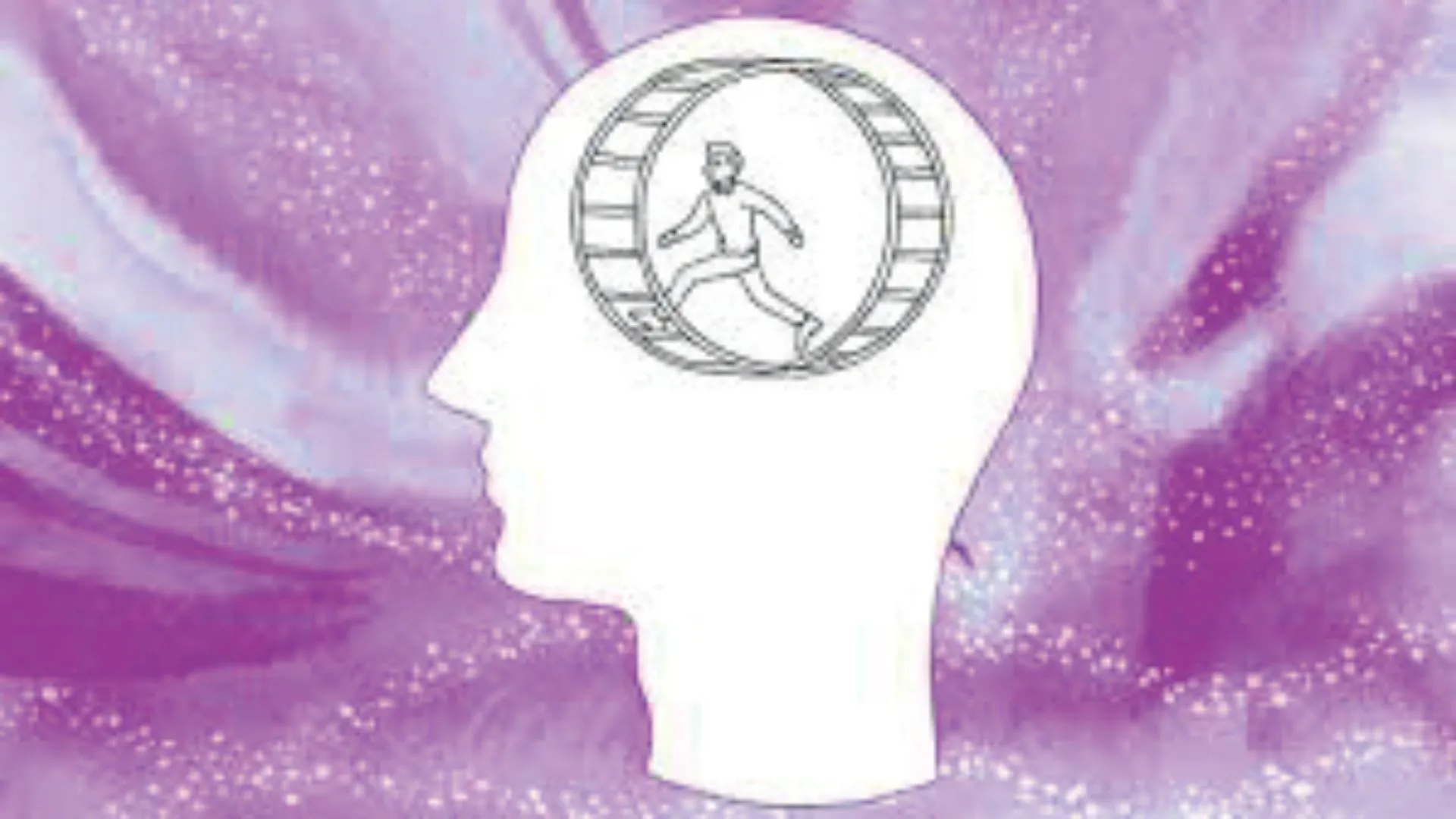Since India’s independence, addressing nutrition has remained a significant challenge within the healthcare landscape. While progress has been made, achieving optimal health for our communities remains a work in progress. Indian healthcare has embraced traditional alternative medicine alongside conventional approaches, recognising their complementary potential in addressing healthcare needs. One notable example is the ‘Homoeopathy for Mother and Child Care’ campaign, launched by the Department of AYUSH in 2007. This initiative aimed to raise awareness about homoeopathy’s role in maternal and child health, fostering knowledge exchange and collaboration among healthcare practitioners from various systems. The campaign contributed to a reduction in maternal and infant mortality rates in Delhi, underscoring the effectiveness of integrating traditional medicine into public health initiatives.
Additionally, the Ministry of Women and Child Development’s implementation of the POSHAN Abhiyaan (National Nutrition Mission) represents a holistic approach to addressing malnutrition. By leveraging insights from traditional medicine systems, such as Ayush, the scheme seeks to enhance the quality and utilisation of Anganwadi Services to ensure comprehensive nutrition for pregnant women, mothers, and children. This integration of traditional knowledge into mainstream nutrition initiatives demonstrates the potential for synergies between traditional and modern healthcare systems, ultimately contributing to the vision of a malnutrition-free India.
Central Council for Research in Homoeopathy, operating through its 34 institutes, has been actively involved in initiatives aimed at promoting health and nutrition. These efforts span a wide range of activities conducted across outpatient departments (OPDs), specialty clinics, schools, and villages during health camps. Participants primarily include patients attending OPDs at the institutes and those in village health camps, with a particular focus on women, adolescents, and school-going children. Regular lectures on topics such as dietary practices, iron deficiency anaemia, deworming, hygiene, menstrual hygiene, and maternal health are conducted. Additionally, public awareness sessions highlighting the significance of nutrition during pregnancy, the postnatal period, childhood, and adolescence are held.
These collective endeavors have sensitized over 5 lakh individuals over the years, popularizing the concept of utilizing homoeopathic medicines and benefiting a significant number of people.
Homoeopathy presents a comprehensive approach to public health initiatives in a cost-effective manner, promoting better health outcomes beyond addressing nutritional deficiencies alone. Its distinct approach to addressing nutrition-related issues is rooted in the principle of individualization, considering each patient’s genetic and biochemical uniqueness. This personalised treatment approach extends to diet and medication selection, focusing on improving nutrient absorption and utilisation in cases of deficiency disorders. Moreover, in instances of undernourishment leading to obesity, homoeopathic medicines, along with lifestyle modifications, aid in correcting metabolic errors resulting from poor dietary habits. This individualised approach to nutrition improvement is particularly advantageous in India, where malnutrition, deficiencies, and obesity are prevalent. Traditional methods of supplementation or weight reduction may not be effective due to various challenges like affordability, accessibility, compliance, and cultural beliefs.
Moreover, the integration of homoeopathy into nutrition-focused public health initiatives holds promise for effectively addressing underlying health concerns contributing to malnutrition and deficiencies, thereby fostering long-term overall well-being. For instance, utilising homoeopathic remedies to address lactation-related disorders in mothers can naturally enhance infant nutrition. Similarly, addressing digestive disorders in adolescents through a holistic, homoeopathic approach can positively impact their nutritional status by addressing underlying malabsorption issues. Additionally, the beneficial role of homoeopathy in managing childhood infections has been well documented, resulting in reduced infection rates and subsequently improved nutritional states.
Homoeopathic doctors have played a pivotal role in conducting awareness activities, making significant contributions to the medical workforce. The increased awareness among the populace, facilitated by extensive health promotion campaigns, leads to the adoption of healthier lifestyles and hygienic practices, thereby enhancing the nation’s overall health status. These campaigns are instrumental in promoting the acceptance of homoeopathy within public health initiatives, disseminating information about its principles and benefits, dispelling misconceptions, and fostering trust in its effectiveness for a variety of illnesses.
Furthermore, educational initiatives empower individuals to make informed health choices, creating an enabling environment for the integration of homoeopathy into public health programmes.
Despite the strides made and the dedication of stakeholders in promoting health and nutrition through homoeopathy alongside traditional interventions, several gaps persist, demanding attention. Enhancing research and development efforts is imperative to identify more localised and sustainable solutions, leveraging evidence-based initiatives and policies to their fullest potential. Just as homoeopathy’s personalised approach tailors solutions to each patient’s unique characteristics, public health initiatives must acknowledge the diverse needs across geographical and cultural contexts. While collaboration opportunities between homoeopaths and nutrition-focused public health programs abound, integrating homoeopathy into such initiatives presents a distinct opportunity for a comprehensive and holistic approach to addressing malnutrition, deficiencies, and other health challenges.














